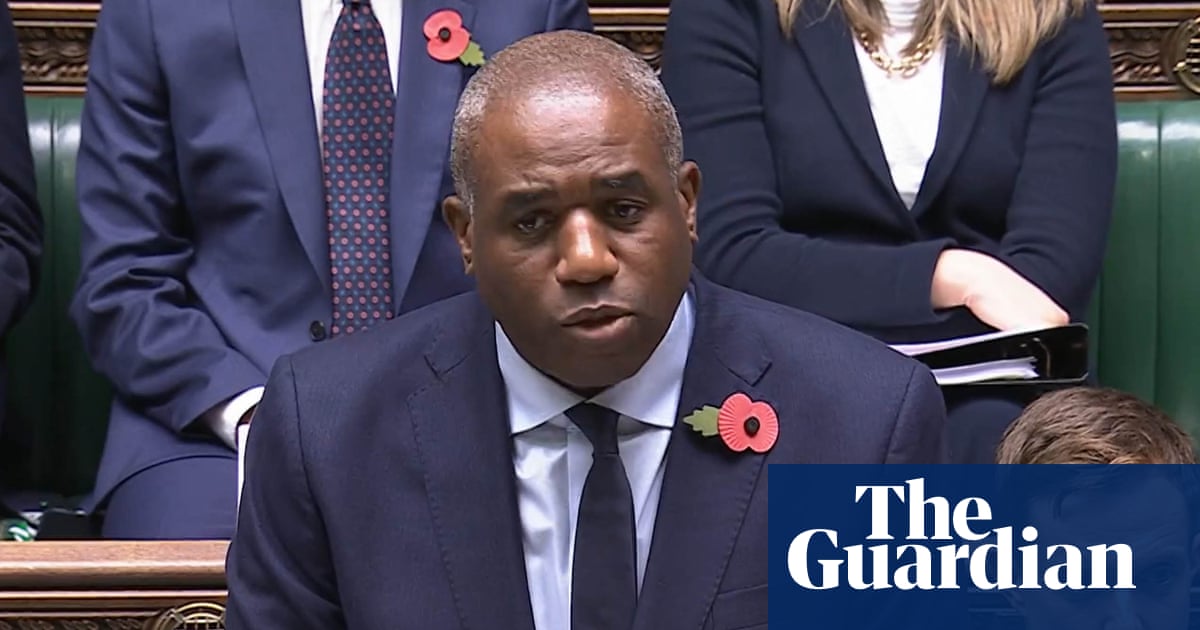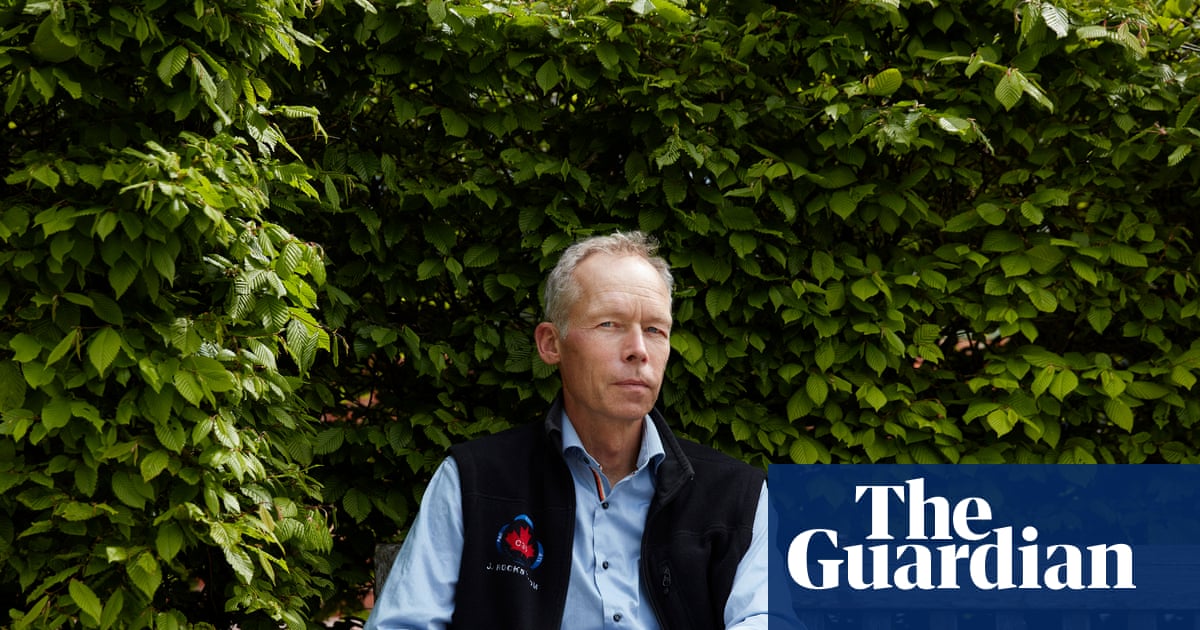Millions of “Waspi women” have been given fresh hope that they might receive compensation after the UK government announced it would revisit a decision to deny them payouts.
As many as 3.6 million women born in the 1950s are said to have lost out because of government failings in the way changes to the state pension age were made, prompting the Women Against State Pension Inequality (Waspi) campaign to launch in 2015.
Last December ministers sparked an outcry with their announcement that they were denying compensation to any of those in this category, with the chancellor, Rachel Reeves, suggesting that improving public services was a higher priority than spending up to £10.5bn on payouts.
This followed an official report from the Parliamentary and Health Service Ombudsman (PHSO) in March last year, which had said those affected should be compensated.
However, only weeks before a potentially bruising high court legal challenge is due to begin next month, the government has said that evidence that was not shown to the then work and pensions secretary, Liz Kendall, when she made the decision had since come to light and needed to be considered.
Senior Whitehall sources do not believe that the evidence being reviewed is likely to materially change the government’s decision but is necessary because of the expected legal action.
Pat McFadden, the current work and pensions secretary, told the Commons on Tuesday that the government would “retake” the decision to deny compensation to the 1950s-born women.
He said ministers would review this evidence alongside information that was previously considered but added: “Retaking this decision should not be taken as an indication that government will necessarily decide that it should award financial redress.”
The potential total number affected is about 3.6 million if one includes every woman born in the 1950s and the first three months of 1960.
Campaigners claim this group had their retirement plans “plunged into chaos”, with many left thousands of pounds out of pocket, after the Department for Work and Pensions (DWP) increased the state pension age from 60 to 65, and then to 66.
Representatives from the Waspi campaign group recently issued a fresh call for the government to make a U-turn on its decision to reject a compensation package.
Their legal challenge to the government’s decision was due to begin with a two-day high court hearing starting on 9 December. It is not yet clear if this will still go ahead. McFadden said the court had been informed of the action the government was taking.
after newsletter promotion
Waspi and others have claimed for years that large numbers of older women were penalised financially and are now struggling with living costs because of the way the decision to raise the state pension age for women to match that of men was made and communicated.
Many said they had always expected to receive their pension at 60 and had made their financial plans on that basis. Some said they only discovered their state pension age had increased by several years after giving up work.
The PHSO spent years investigating, and eventually found the DWP guilty of maladministration in the handling of the changes.
For decades the state pension age for women was 60. An increase to 65, phased in between 2010 and 2020, was included in 1995 legislation but in 2011 the coalition government sped up the process. As a result, the state pension age for women increased to 65 by November 2018 and to 66 by October 2020.
The PHSO had said that paying out to all of the approximately 3.6 million women born in the 1950s at its recommended level of between £1,000 and £2,950 each would cost between £3.5bn and £10.5bn. However, it added: “Not all women born in the 1950s will have suffered an injustice.”
Angela Madden, the chair of Waspi, said: “Today’s announcement is a major step forward. We are seeking legal advice as to what this means for our judicial review.”

 1 hour ago
5
1 hour ago
5

















































